- California Assembly OKs highest minimum wage in nation
- S. Korea unveils first graphic cigarette warnings
- US joins with South Korea, Japan in bid to deter North Korea
- LPGA golfer Chun In-gee finally back in action
- S. Korea won’t be top seed in final World Cup qualification round
- US men’s soccer misses 2nd straight Olympics
- US back on track in qualifying with 4-0 win over Guatemala
- High-intensity workout injuries spawn cottage industry
- CDC expands range of Zika mosquitoes into parts of Northeast
- Who knew? ‘The Walking Dead’ is helping families connect
Young Korean Americans’ biggest worry is finding a job
Calls related to concerns over finding work increased five-fold from previous quarter
Job Korea says international students face the slimmest odds of securing jobs
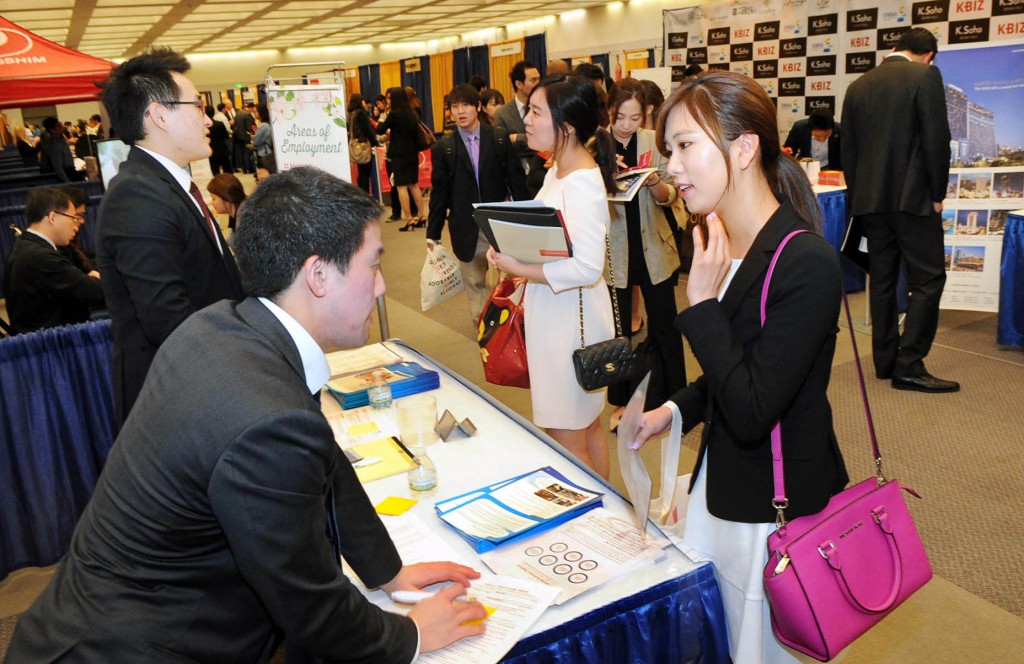
More than 5,000 crowded the L.A. Convention Center earlier this month for the 3rd Annual Asian Job Fair. (Korea Times file)
These days, young Korean Americans’ biggest worry is finding a job.
In the first quarter of 2014, 19.1 percent — 101 of 528 — of calls made to Los Angeles’ Shalom Life Line were related to concerns over finding work, said the hotline. Shalom said the number has increased five-fold from last quarter, which brought in 21 such calls.
And according to Job Korea USA President Brandon Lee, the number of applications this year experienced a 15 percent jump from last year .
“The amount of calls and emails we receive compared to the first quarter of last year has increased and confirms the serious problem Korean Americans are having with finding jobs,” Lee said.
It’s becoming more and more difficult to find work as the number of job-seekers grows yearly in a bleak job market following the financial crisis, he said.
He said international students are facing the slimmest odds of securing jobs.
Of the 2,958 applicants who used Job Korea in the first quarter this year, 28.4 percent were seeking work in accounting and wanted an average entry yearly salary of $40,000.
Following accounting as the most popular field was transportation and commerce with 13 percent of applicants, sales with 11.7 percent, general office jobs with 10.5 percent and marketing with 8.3 percent, Job Korea said.
“Before the financial crisis, applicants were looking for specialized jobs that paid the highest salaries, but now entry-level positions with lower starting salaries have the most competition,” Lee said.
He said overqualified people with advanced education are also competing for lower-skill work.
“It looks as though the unemployment crisis for Korean Americans will continue deepening,” he said.







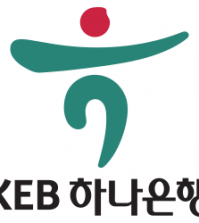
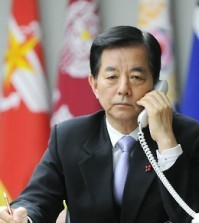
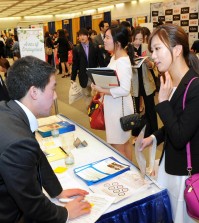



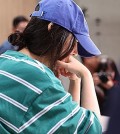


Pingback: Entry Level Staff Accountant Salary Los Angeles | The accountants spot
Pingback: Entry Level Staff Accountant Salary Los Angeles | Lets Start Accounting for beginners